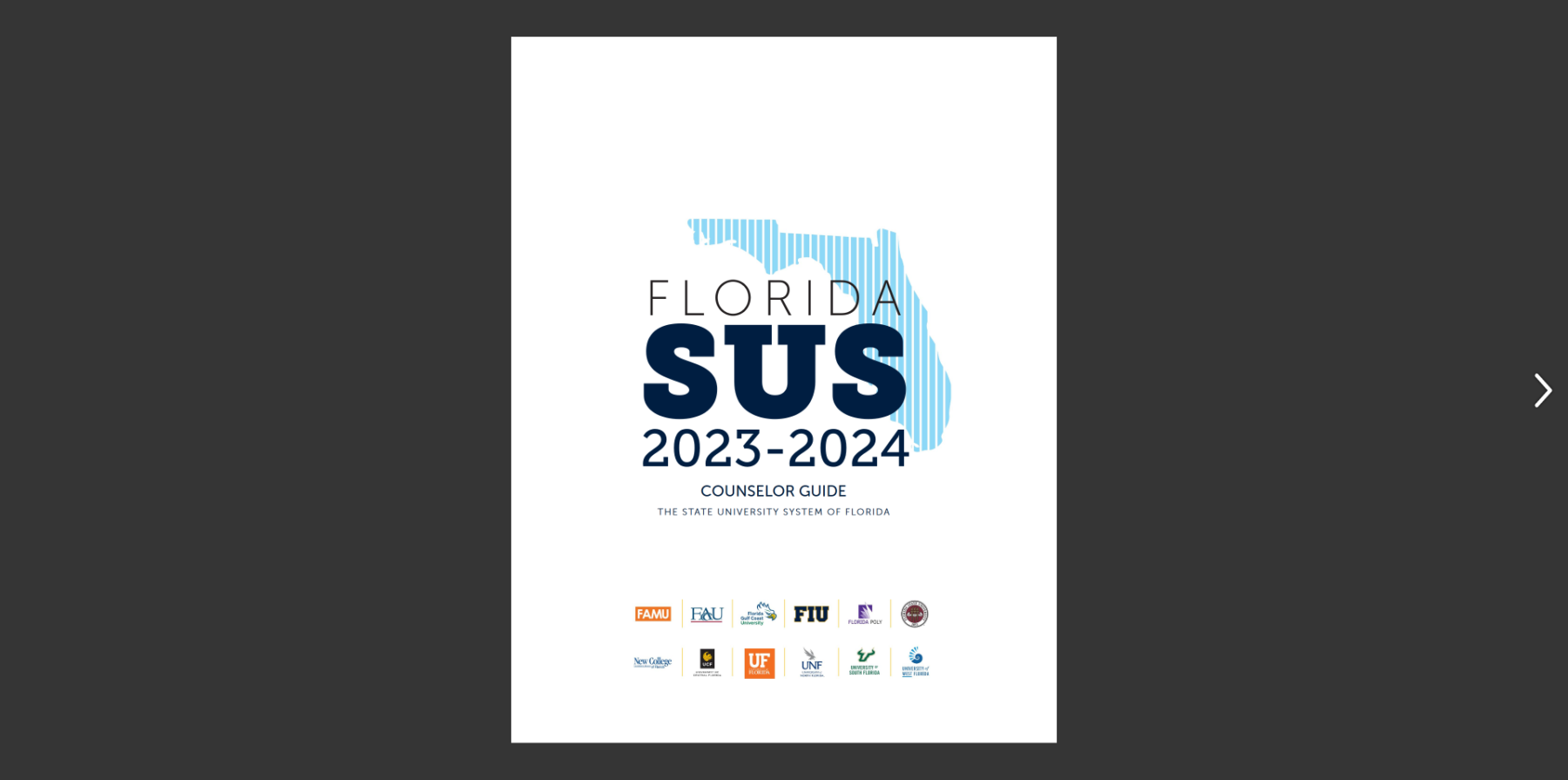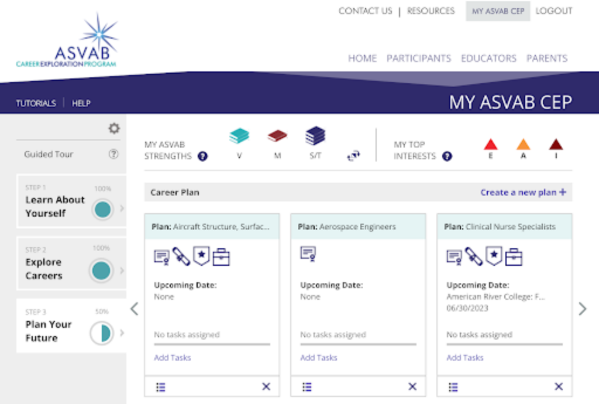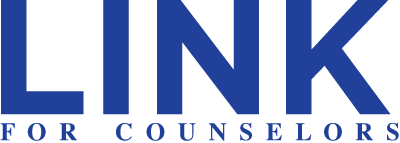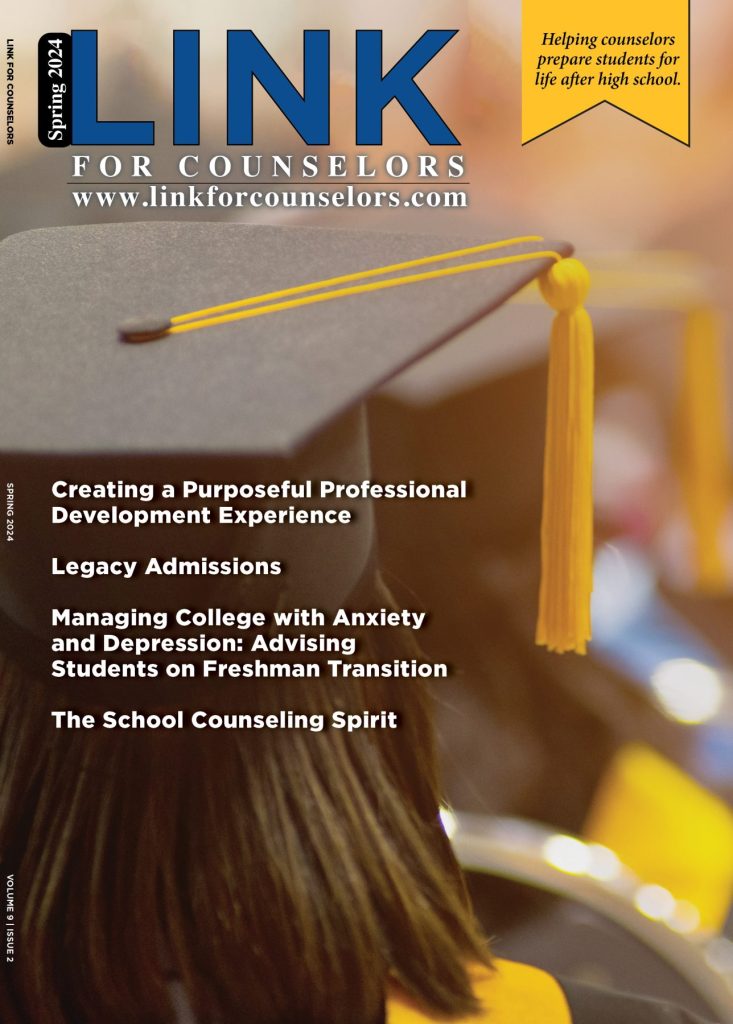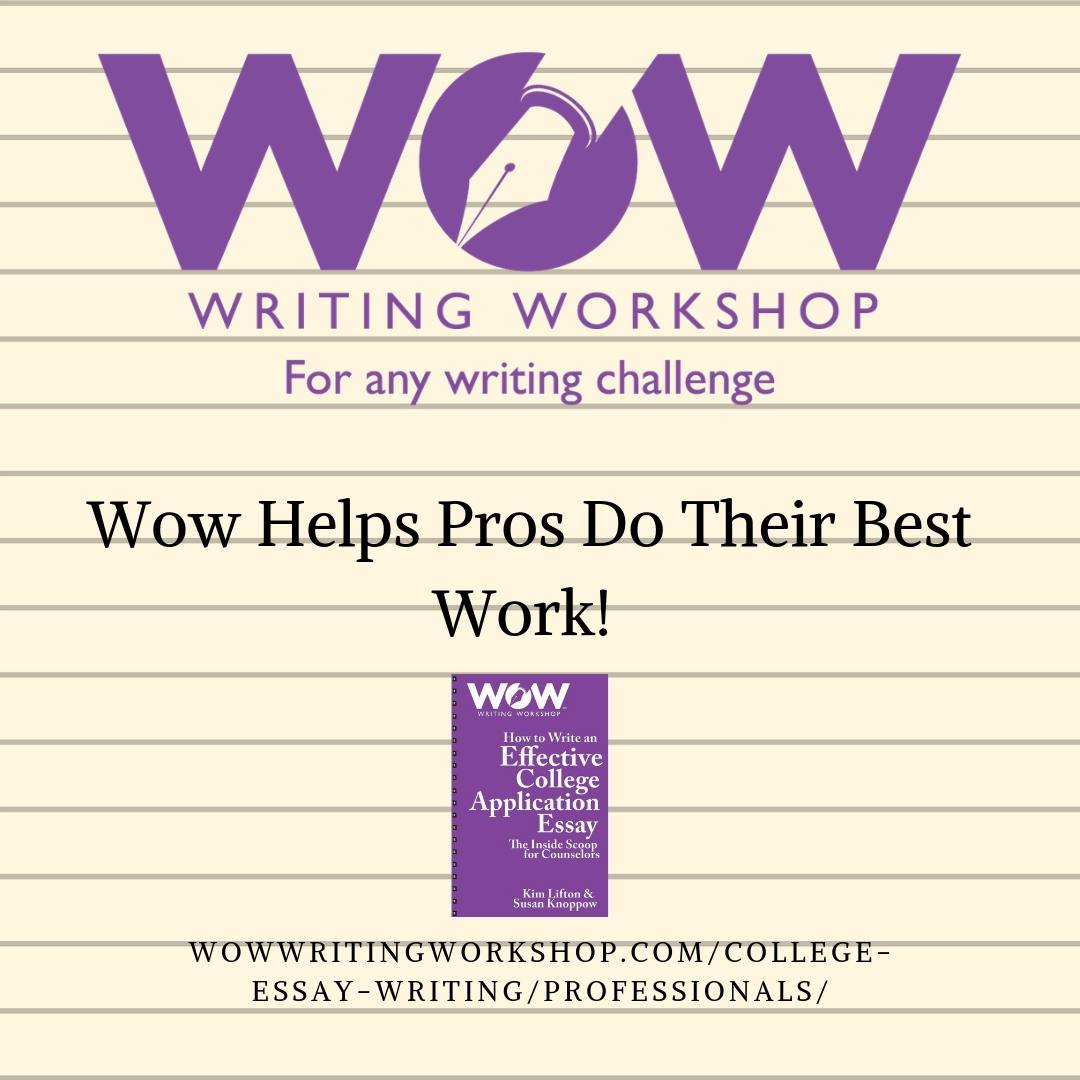FlexJobs has together a nice list of the 10 most asked questions job seekers have about resumes and cover letters.
1. Does my resume have to be just one page?
Career expert answer: Maintaining a one-page resume has become an outdated standard. If someone has had an extensive career, worn many hats in past roles, or had a considerable number of achievements to include, it’s perfectly fine to go beyond the first page. That said, there’s still a best practice of keeping it under two pages, maximum. Hiring managers are notoriously rushed, so candidates want to keep the information on their resume as concise, relevant, and targeted as possible.
2. Should I list my entire career history?
Career expert answer: Keeping career history short and sweet ensures applicants avoid potential issues related to ageism within the application stage of the job search process. Only the last 10-15 years of work experience should be in a resume’s “Professional Experience” section. With less information, candidates should instead highlight their most recent—and relevant—work for potential employers.
3. What do I do if I have a gap in employment?
Career expert answer: Address any employment gaps head-on in the “Professional Experience” section. Note that it’s only necessary to address any gaps within the 10-15 year employment window being highlighted. For example, candidates can include a “Career Break” for unplanned gaps or a “Planned Career Break” entry within their experience section. Proactively address the reason for this gap by tactfully explaining the reasons for the unemployment.
4. What skills should I list on my resume?
Career expert answer: The skills to include will depend heavily on the position. Carefully review the job description to identify key skills and attributes the employer is seeking, matching those as closely as possible is the best way to stand out.
5. How do I make my resume stand out?
Career expert answer: Tailoring a resume to the job is, by far, the best way to stand out and grab a recruiter’s attention. Avoid sending a cookie-cutter resume by focusing on job descriptions to find attractive keywords and phrases and using specific skills, experiences, or attributes integral to the role. Not only will tailoring resumes help job seekers beat the applicant tracking systems (ATS), but it will make it easier for recruiters to see why someone is an obvious fit for the role.
6. What is the purpose of a cover letter?
Career expert answer: Cover letters serve as an opportunity to amplify candidacy, providing additional context and demonstrating passion for the industry and role. While a resume is a great place to list skills, experience, and accomplishments, a cover letter amplifies a job seeker’s fit for the specific role.
7. Do employers read cover letters?
Career expert answer: Tailored cover letters can make a significant impact, positioning applicants as standout candidates even when not explicitly required. Statistics on the importance of cover letters vary, but recent reports share that most employers want cover letters attached.
8. How long should a cover letter be?
Career expert answer: Concise and focused cover letters, ideally one page with 200-500 words, deliver compelling messages to potential employers.
9. What should I include in a cover letter?
Career expert answer: Cover letters must be unique, offering additional context beyond the resume and showcasing specific examples of qualifications that will make for a strong candidacy.
10. How should I start a cover letter?
Career expert answer: The opening paragraph plays a critical role in grabbing recruiters’ attention and encouraging them to read further. Briefly reference the position, then explain why you’re attracted to the role by emphasizing genuine excitement and qualifications.

